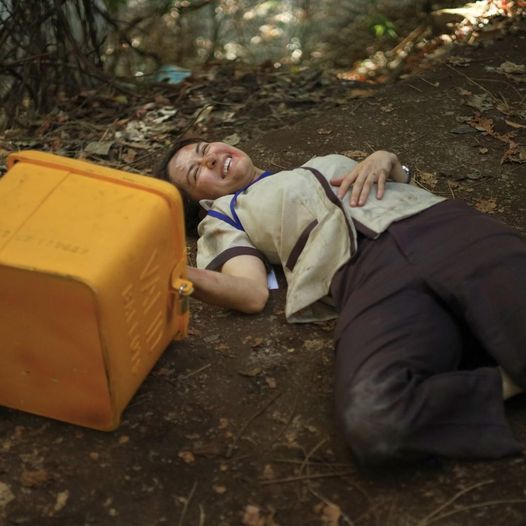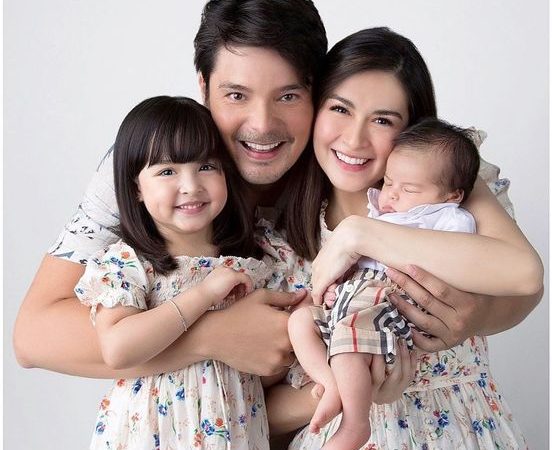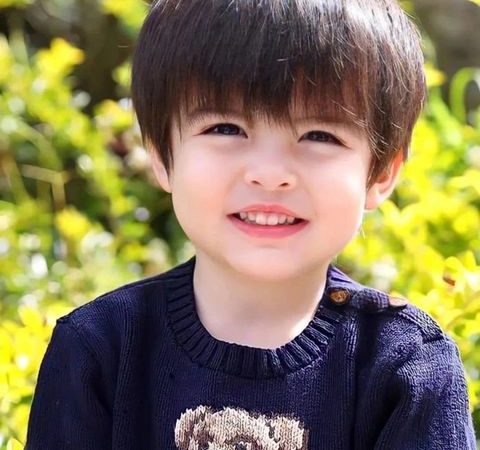Marian Rivera was injured but the director still called for the performance to continue, she could only laugh in anger and what was the reason behind it?

Recently, shocking news emerged from the set of a high-profile production featuring Marian Rivera, one of the Philippines’ most beloved actresses. Reports revealed that Marian suffered an injury during a crucial scene, yet the director insisted that the performance must go on. This decision not only left fans in disbelief but also sparked a heated debate about the treatment of actors in the industry.
Witnesses described the incident: while filming an intense action sequence, Marian encountered an unexpected accident that caused her to sprain her ankle. As she struggled with the pain, the director reportedly urged the crew to carry on with the shoot, insisting that the scene was too vital to postpone. In a moment of frustration, Marian could only laugh, albeit through clenched teeth, at the absurdity of the situation. How could a director prioritize a scene over the well-being of their lead actress?
This incident raised eyebrows not just about the director’s callousness but also about the culture surrounding film productions. Many industry insiders expressed their shock, emphasizing that the physical safety of actors should always come first. Fans took to social media, voicing their outrage and questioning why anyone would risk an actor’s health for the sake of a scene. The hashtag #ProtectMarian began trending, with supporters calling for more humane practices in the entertainment industry.
But what truly lay behind the director’s decision? Some speculate that the production was under immense pressure to meet tight deadlines and budgets, leading to a toxic environment where the welfare of the cast and crew is often sidelined. This mindset, unfortunately, is not new in the world of filmmaking, where the demands of the industry can overshadow the personal well-being of those involved.
Marian, known for her resilience and professionalism, has always been an advocate for a positive work environment. This incident highlights the need for a broader conversation about the treatment of actors and crew members. It begs the question: should the show really go on at any cost?
As fans rally behind Marian, this situation serves as a wake-up call for the industry. It’s time to prioritize the health and safety of everyone involved in production, not just the finished product. In a world that increasingly values mental and physical health, it is imperative that filmmakers foster environments where creativity can flourish without compromising individual well-being.
In the aftermath, Marian’s laughter, tinged with anger, resonated with many. It was a reminder that even in the face of adversity, maintaining one’s sense of humor can be a powerful coping mechanism. However, it also underscores a serious issue that needs to be addressed—one that challenges the very foundation of how we view the relationship between art and the artists who create it.





